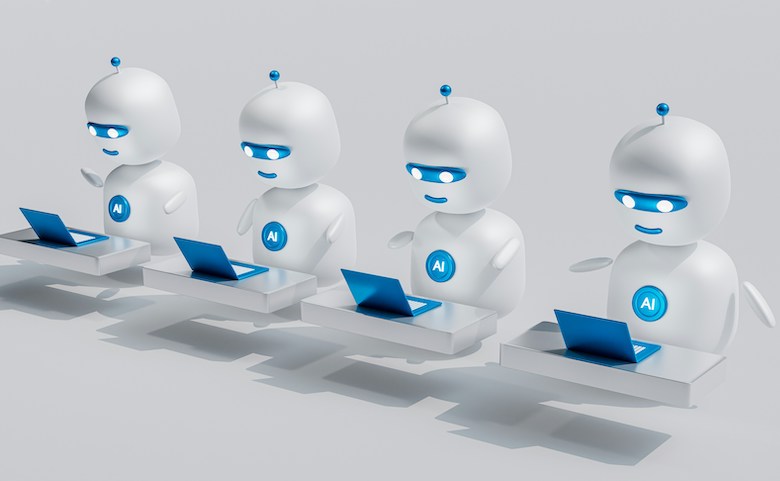
While customer service bots offer numerous advantages, they also present certain challenges that can adversely affect the customer experience. These common limitations encompass:
-
Difficulty in Addressing Complex Issues: While chatbots are proficient at resolving FAQs and routine issues, they often falter when dealing with more intricate situations due to constraints in their knowledge base.
-
Lack of Personal Interaction: The absence of a human element in customer service provided by chatbots can impede the formation of genuine relationships and brand loyalty, as customers frequently appreciate a personal touch.
-
Insufficient Practical AI: Chatbots might be deficient in practical AI, causing user frustration because of their inability to comprehend context beyond rudimentary keywords and phrases.
-
Dependence on Specific Platforms: Chatbots are typically tailored for particular platforms, which restricts their reach and efficacy across diverse channels.
-
Inability to Interact with Business Systems: Chatbots might operate as independent applications, limiting their capacity to deliver precise and current information by not interacting with other business systems or databases.
Businesses can mitigate these limitations by adopting measures such as utilizing AI technology, ensuring regulatory compliance, improving connectivity, and better understanding conversation contexts. By effectively tackling these obstacles, businesses can enhance the functionality of customer service chatbots and improve the overall customer experience.

